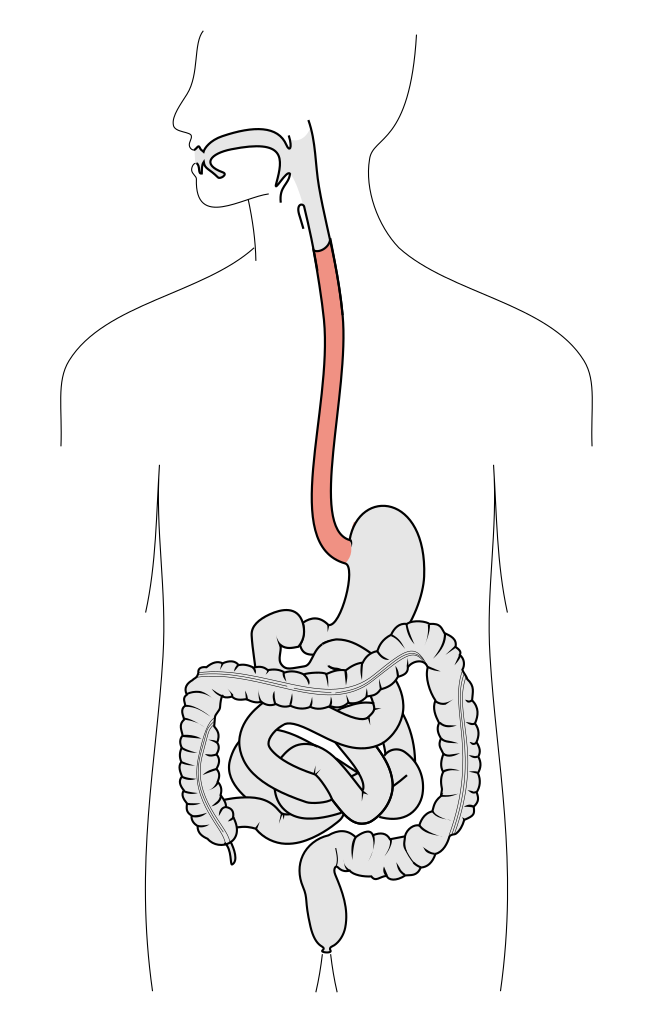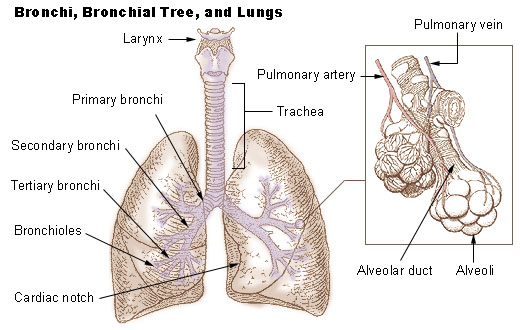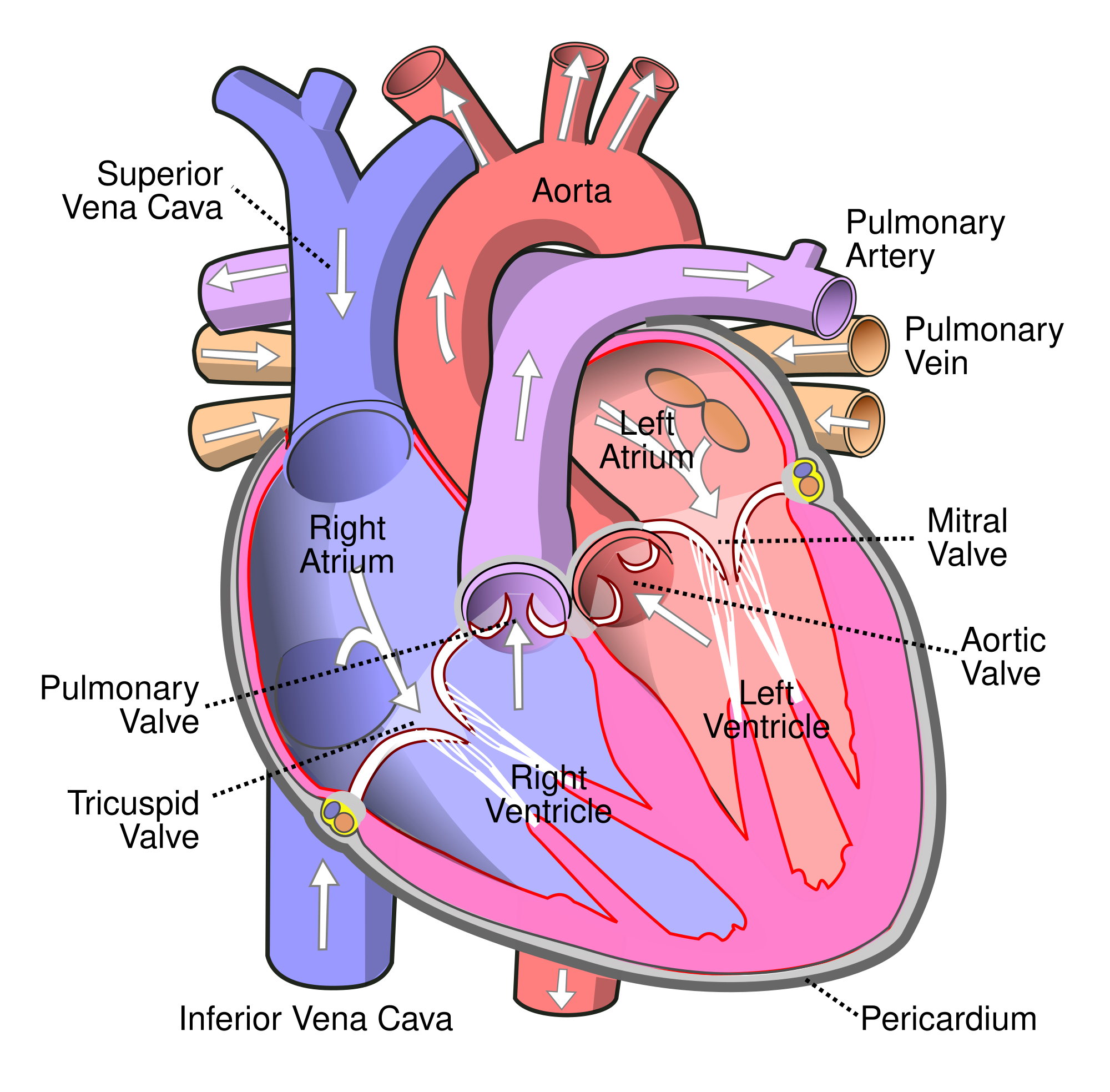
Eyes: This organ allows you to see objects in front of you. However, some people that have eyes still can't see. This is called being blind.

Esophagus: This tube in your throat helps your food and air go to their respective places. However, sometimes it will accidentally send food to your lungs.

Lungs: If you didn't have lungs, you wouldn't be able to breathe. If you ruptured your lungs, you would die.

Heart: This organ is the most important part of your body. This allows the blood to pump around your body and keep your organs moving. You will stay alive as long as your heart is still beating.

Liver: This organ harvests the fat in your body and turns it into energy. The liver makes bile, which helps to break down the fat.

Stomach: Your stomach digests food using acid that your body makes especially for digesting food. Sore stomachs are caused by eating the wrong kind of food.

Large Intestine: This intestine is wider and shorter than the small intestine. This intestine works with turning waste into feces.

Small Intestine: This intestine is longer and more narrow than the large intestine. This intestine works with turning food into enzymes to be absorbed.

Rectum: This is where feces goes to to go from the large intestine to the anus.

Anus: This is the final place in the digestive system that feces goes through before it is discarded.

Pancreas: This is where the digestive acid is made before being transported to the stomach.

Gall Bladder: This is where bile from the liver is stored.

Spleen: This organ destroys worn-out red blood cells, filters the blood and makes white blood cells.

Appendix: This doesn't really do anything.

No comments:
Post a Comment
Note: only a member of this blog may post a comment.